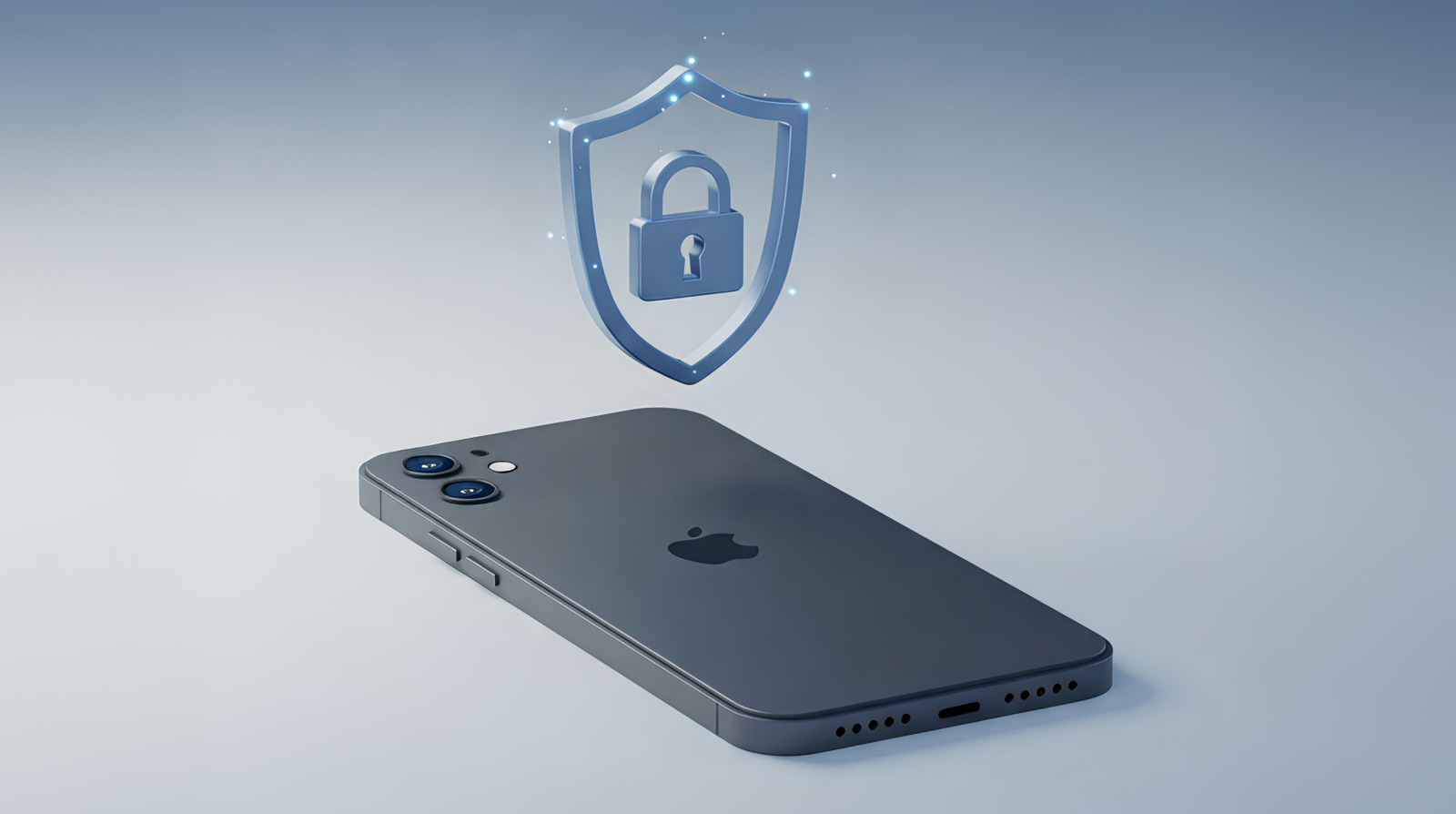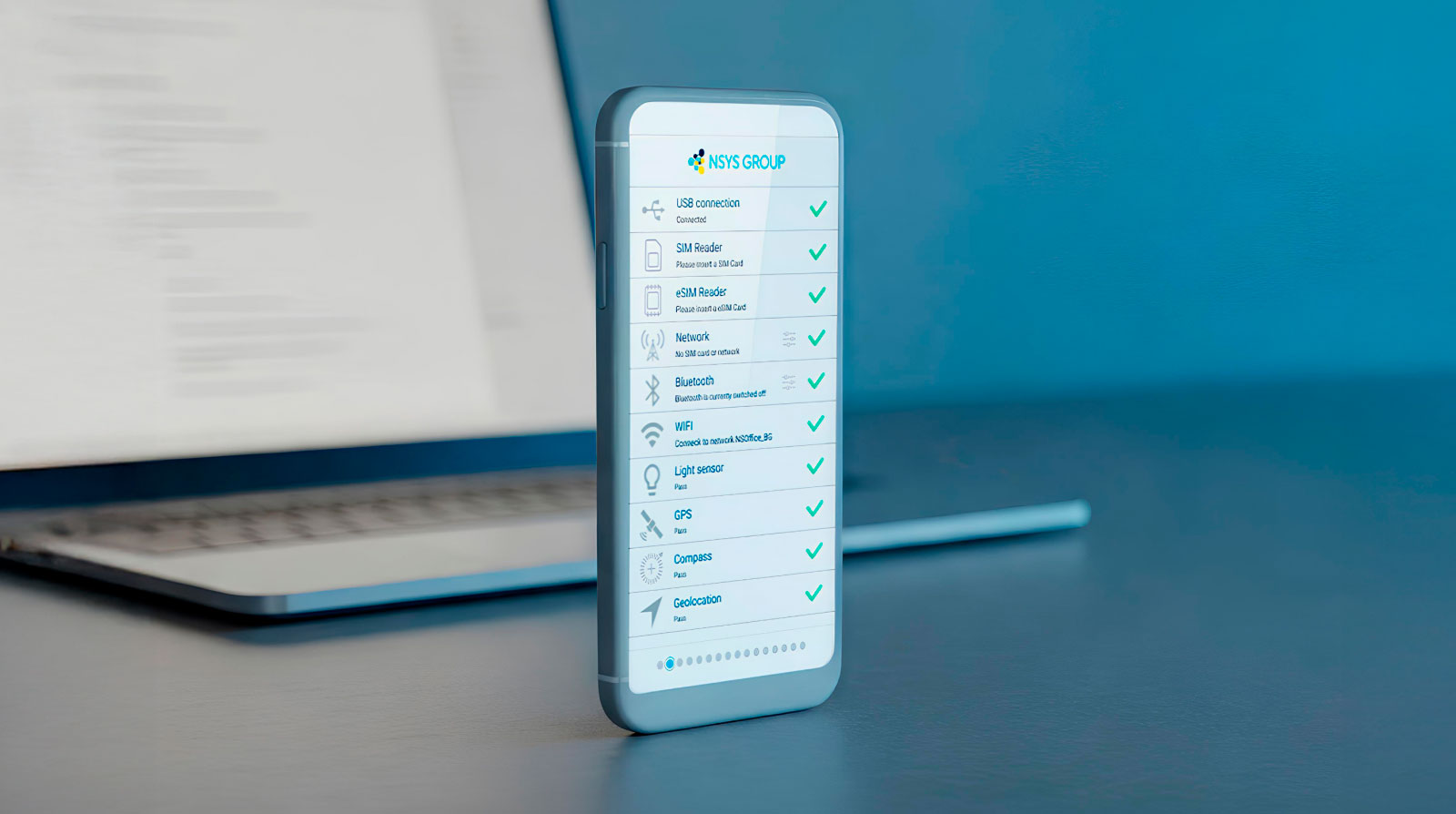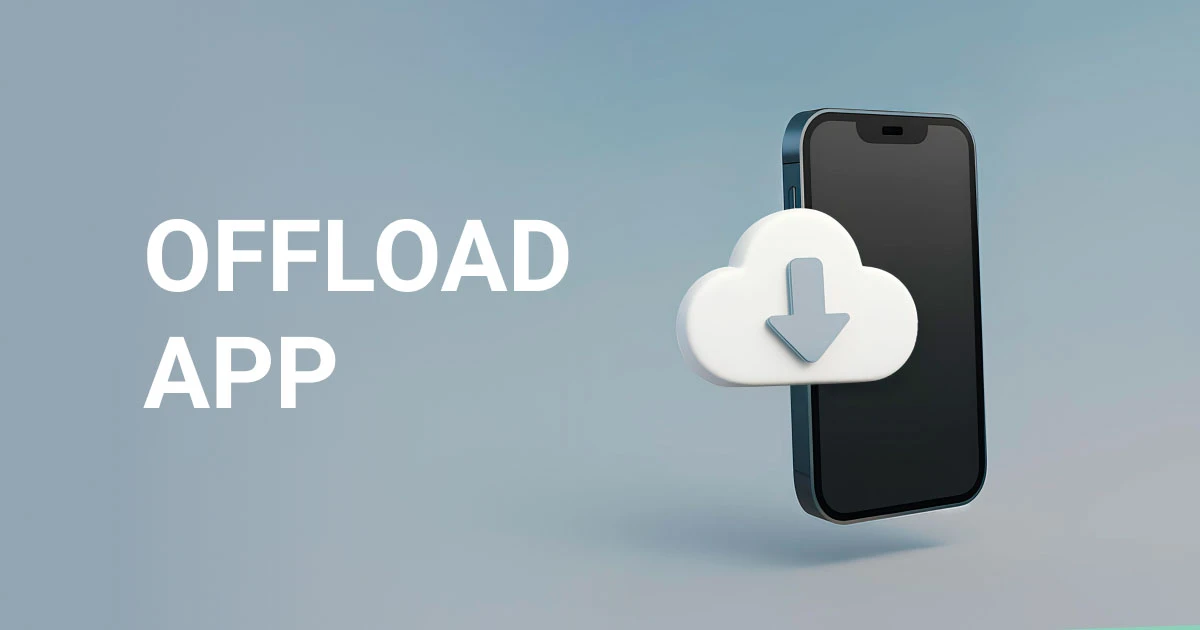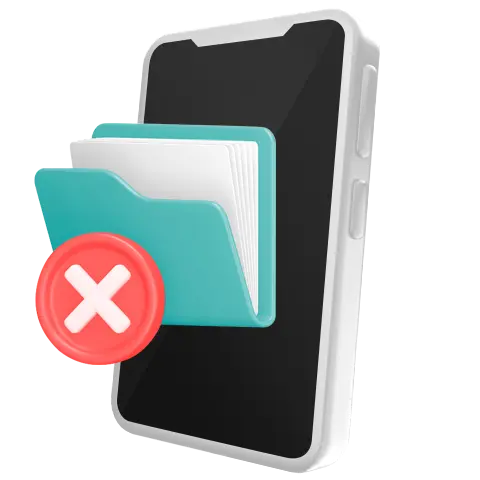In 2017, with iOS 11, Apple introduced a unique tool—the Offload App feature. It allows users to optimize storage, save space, and prevent data breaches. Today, we explore how to offload unused apps, how this feature contributes to data safety, and how used device businesses can ensure efficient data protection for their stock.
What Phone Businesses Need to Do to Protect Data
Used phones might contain data from previous owners, and manually deleting it doesn’t guarantee that the information is unrecoverable. To prevent data breaches, businesses need to securely erase data on all devices in stock using certified solutions, such as NSYS Data Erasure.
Additionally, there are practices that will help users to prevent their data when using the device. Today, we’ll explore one of them—enabling the Offloading App feature.

What Is the Offloading App Feature?
Before the release of the offloading app tool (and still on Android phones), an app could either be installed or deleted. While installed on the device, an app and its data take up space in local storage. In addition, the application may collect information, which can pose risks to data safety.
Deleting an application means completely removing the app and freeing up storage space. The data is also erased permanently unless it has been backed up to the cloud. If the app is reinstalled, it starts from scratch.
Offloading an app is a compromise that takes the best of both options. While freeing up storage, it preserves the app’s data — including settings, documents, and progress (for example, in games). After reinstalling, the app returns to its previous state, making the user experience smoother.
How to Set the Offload App Feature on iPhone
Applications can be offloaded manually or automatically, allowing you to optimize smartphone storage in the most efficient way.
Offloading certain applications is available via Settings > General > iPhone Storage. There, when choosing an app, the Offload App tool is presented.
Additionally, unused applications can be automatically offloaded to free up storage space. However, this functionality has drawbacks: for example, if the application is removed from the App Store, it cannot be reinstalled on the device after being offloaded. Moreover, the need for offloading might arise at the most inconvenient moment, such as when re-downloading isn’t possible.
How Offloading Apps Contributes to Data Protection
Besides optimizing storage usage, offloading applications helps improve data security.
When offloaded, unused applications can’t run in the background or collect data, thereby reducing the risk of data breaches. Moreover, offloaded apps lose access to granted permissions, protecting data from unauthorized use.
This is crucial for users who frequently install apps for short-term use—for example, during travel. In such cases, offloading ensures both convenience and data safety.

Data Protection for Used Device Businesses
Offloading applications is a way for end users to free up phone space while also protecting personal data.
To guarantee no data is exposed, used device businesses need to use certified solutions, such as NSYS Data Erasure. This software securely and irrecoverably wipes data from pre-owned smartphones and tablets. NSYS Data Erasure is compliant with international standards and regulations, including NIST, GDPR, and ADISA.
The solution ensures a quick and easy workflow: up to 60 devices can be connected to a single PC. For each wiped device, you receive a certificate proving that data was deleted according to the standards.
Try the solution today to ensure safe and secure data destruction!








